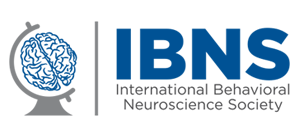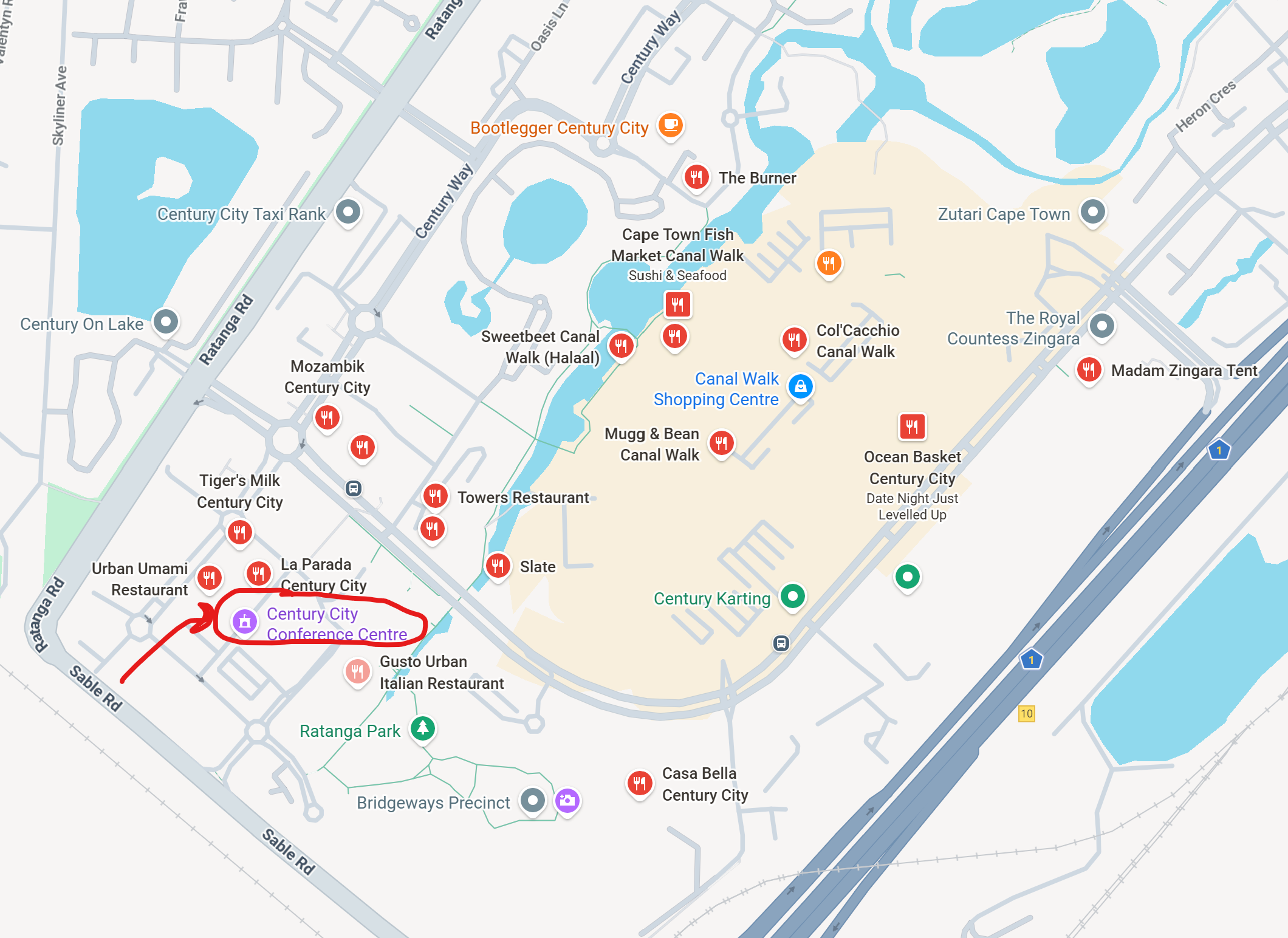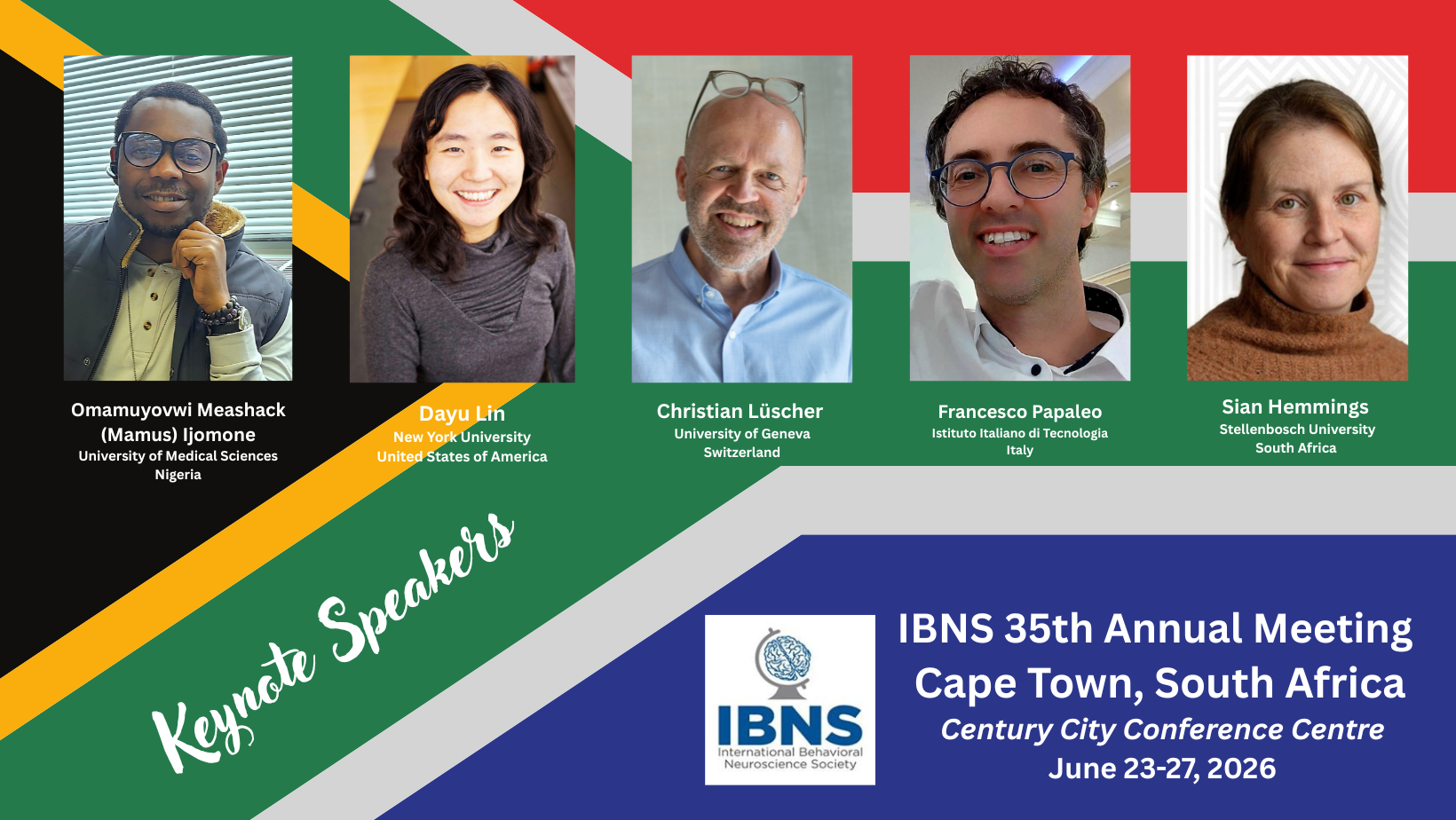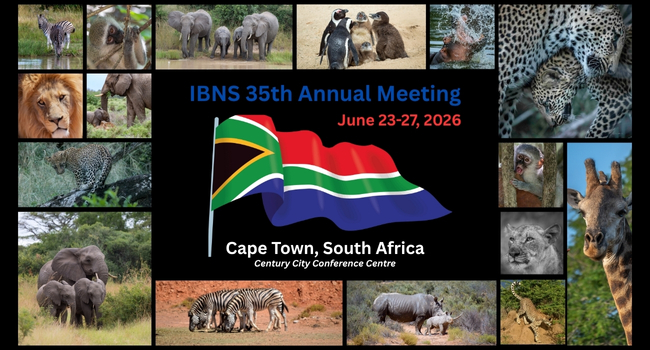
The International Behavioral Neuroscience Society (IBNS) is devoted to enhancing its global diversity,
marking a significant step by hosting its 35th Annual Meeting in the vibrant city of Cape Town, South Africa.
With Support from the South African National Convention Bureau
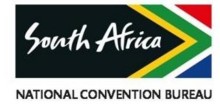 IBNS members, click here to help us share the information worldwide.
Call for AbstractsSubmit Your Abstract Today!
Deadline to submit: Friday, February 20, 2026 11:59PM EST
Posters: The IBNS is inviting you to submit abstracts on behavioral neuroscience for an opportunity to present a poster at our 35th Annual Meeting in Cape Town, South Africa from June 23-27, 2026. Speakers: All symposium and keynote speakers are required to submit their own abstract online by the February 20, 2026, deadline. Abstracts may be submitted on any subject related to the general area of behavioral neuroscience to be considered for poster presentation only. PRESENTING AUTHORS MUST SUBMIT THEIR ABSTRACT USING THEIR OWN LOG IN (e.g. Advisors may not submit an abstract for a student under the advisor's account). More than one abstract may be submitted by each author. Abstracts should be no longer than 2,500 characters including title, author, affiliations and spaces and prepared as a single paragraph, single-spaced. Abstracts should NOT contain photos, tables or references. Data must be original and not previously published. Please include any funding acknowledgements. A nonrefundable abstract fee of $50 will be due at the time of submission. Abstracts should be submitted by February 20, 2026 at 11:59 PM EST. Members and non-members of IBNS are invited to submit abstracts. Abstract Submission FormAwardsThe IBNS is currently accepting nominations for several of its annual awards. Please consider nominating a deserving IBNS member for each award. Please email your nominations for each award to the IBNS Central Office by February 06, 2026. Please use subject line "IBNS 2026 Awards". Click here to see a complete list of IBNS awards, deadlines and instructions. Outstanding Achievement Award: Candidate is chosen by the Nominations and Awards Committee for outstanding professional achievement in their field. The individual chosen for this award will receive recognition at the IBNS Annual Meeting, including a plaque, and will be asked to give a talk at the upcoming meeting. Nominations should be sent to the IBNS Central Office for consideration, and should include a nomination letter and a curriculum vita for the nominee. This letter should include a summary of their achievements in science as well as their contribution to the Society. Early Career Award: Candidate is within seven years of receiving their Ph.D. and a member of the Society in good standing. There will be one award per year worth $500 plus a waiver for registration fees for the upcoming conference. Further, the winner will receive a time slot in the program for the award presentation and a short talk. The nomination can be through an IBNS member or via self-nomination. Please send your nomination letter and CV to the IBNS Central Office. IBNS Early Faculty Travel Award: Transitioning to Faculty is often the most difficult academic career transition and IBNS is here to help. We encourage people within two years of their initial faculty appointment to apply. The recipient will receive travel funds for the 2026 IBNS meeting and waived registration for both 2026 and 2027 meetings. At IBNS we strongly encourage diversity outreach in our applicants. To encourage transparency, please see the scoring rubric for applicants on the website. To apply for this travel award, please submit a description of the research you plan to conduct in your new laboratory (750 words max), your CV that includes a statement toward Diversity & Inclusivity, and a letter of support from a senior faculty member, preferably your Chair indicating your eligibility and their support. Early Faculty Travel Award Application Please send ALL nominations and/or applications to the IBNS Central Office with the subject line "IBNS 2026 Awards" no later than February 06, 2025. DonationsDonations can be made using the link below or when you submit a membership renewal or meeting registration form. IBNS is a qualified 501(c)(3) tax-exempt organization in the USA. We invite you to consider donating to our Travel Awards or help support IBNS memberships for colleagues from financially less-resourced countries. Both forms of support directly benefit early-career researchers. See full details here. Donation FormFAQs - Frequently Asked Questions
Conference HotelCentury City Hotel Urban Square IBNS Special Group Rate: 3,558 ZAR per night ($205 USD as of 10/15/25). These rooms will sell out fast. Free cancellation up to 7 days before arrival. The hotel is a one minute walk to the adjacent Conference Center. To receive the IBNS group rate the following booking link must be used. ** Please Note: A credit card is required to guarantee your reservation at the time of booking. Once the hotel receives your booking, you will receive a Pro-Forma Invoice and confirmation letter with a secure payment portal to guarantee the room respectively. All bookings need to be prepaid by latest 7 days prior to arrival.
IBNS Booking Link - Century City Hotels
Conference Venue:Century City Conference Centre Important Dates
ProgramLoading...
Note: If you would like a PDF or printed copy of the program, click on the printer icon under the search bar of the Event Schedule. Registration RatesIBNS 2026 Meeting Registration FORM
IBNS 2026 Meeting Registration FORMSpeakers
Speakers Click here to view additional information on the IBNS 2026 Keynote speakers. Click here for all speakers. Symposia Click here to view the complete list of confirmed speakers and symposia.
Sponsors/ExhbitorsInterested in Sponsoring or Exhibiting at IBNS 2026? |
